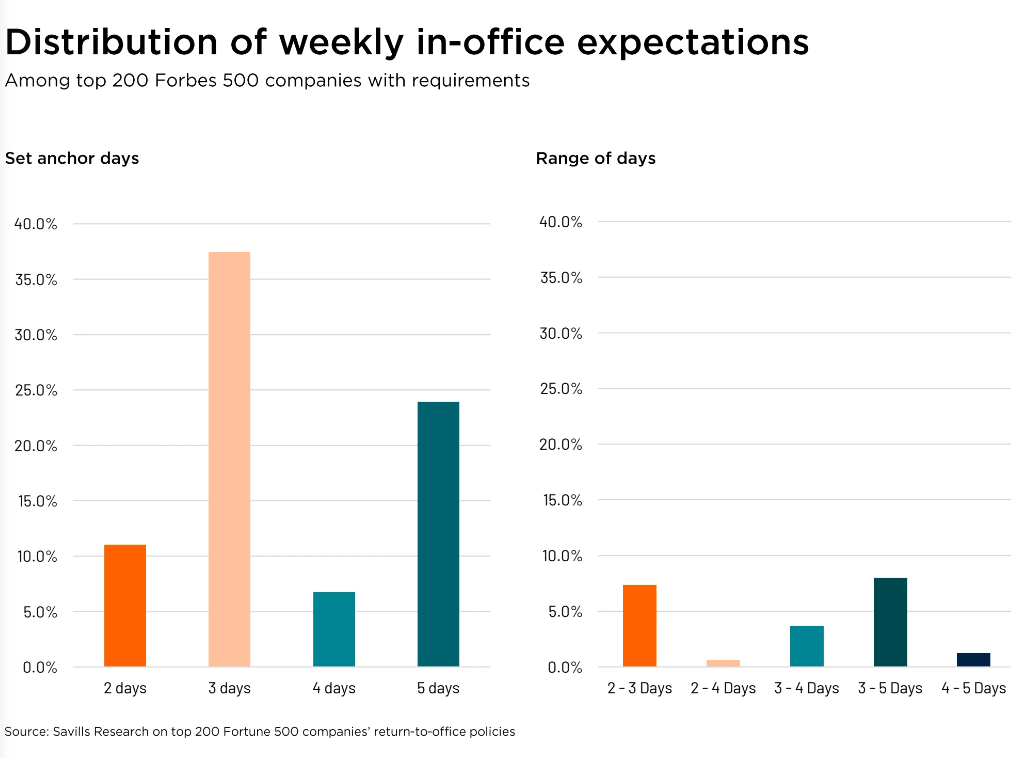U.S. Equity REITs See More Reward—and Risk
By Steven Marks, Head of U.S. REITs, Fitch Ratings: Despite a bumpy start to 2016, U.S. equity REITs are entering the second half of the year in an improved position. But risks still remain.
By Steven Marks, Head of U.S. REITs, Fitch Ratings
 The notable marketwide selloff earlier this year is becoming more of a distant memory for U.S. equity REITs, which enter the latter half of 2016 in an improved position on many fronts. However, the sector will not be without risks.
The notable marketwide selloff earlier this year is becoming more of a distant memory for U.S. equity REITs, which enter the latter half of 2016 in an improved position on many fronts. However, the sector will not be without risks.
Liquidity. The aforementioned selloff in the first half of 2016 led to more sluggish capital issuance compared to prior quarters and made the biggest dent in liquidity, which Fitch Ratings at the time said dulled “from golden to gray.” The second half of this year, however, looks markedly brighter for REIT liquidity overall, thanks in part to tightening spreads and broader positive market sentiment.
Revolving lines of credit. U.S. REITs are still taking advantage of a favorable bank lending environment, though signs of increased risk are emerging. Unsecured revolving lines of credit remain a critical capital source for REITs and are used primarily to fund acquisitions and development before companies tap the debt or equity markets. REITs are obtaining larger lines with cheaper pricing, but debt capital structure risk is inching up. There has been an increase in revolver draws, brought on primarily by recent capital markets volatility. Coupled with higher-term loan usage, this is a clear sign that REITs are relying more on bank capital.
Debt. Access to capital stands to improve for U.S. REITs overall in the coming months, although not without some potential bumps in the road. In addition to recent market volatility, capital requirements for more volatile commercial real estate loans under Basel III are curbing bank appetites for construction loans. Luckily, REITs are well positioned to exploit development opportunities, since they generally do not rely on bank construction loans for financing. However, not all companies will benefit. Less seasoned REITs will likely have to resort to unsecured private placement notes and bank term loans for their funding needs.







You must be logged in to post a comment.